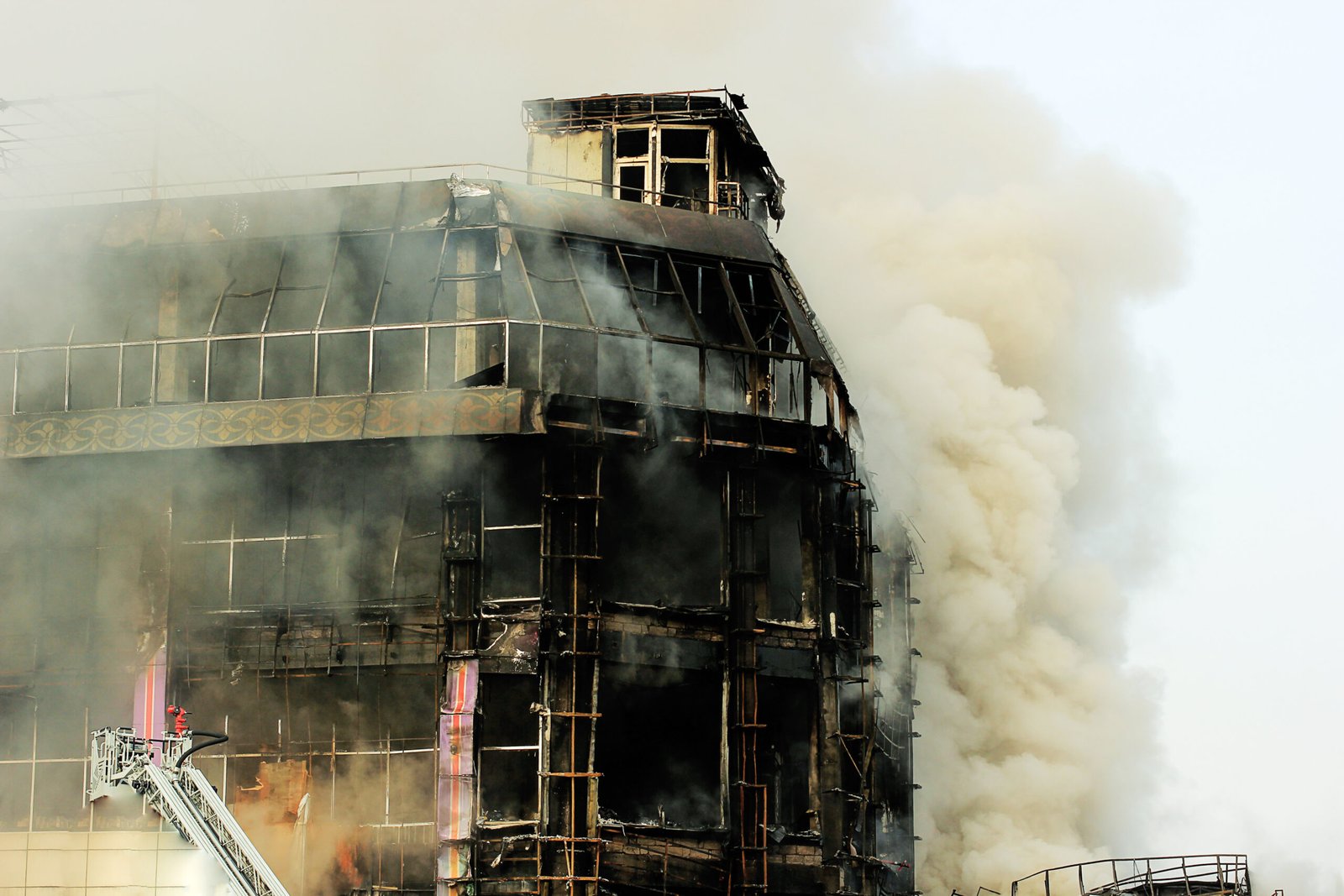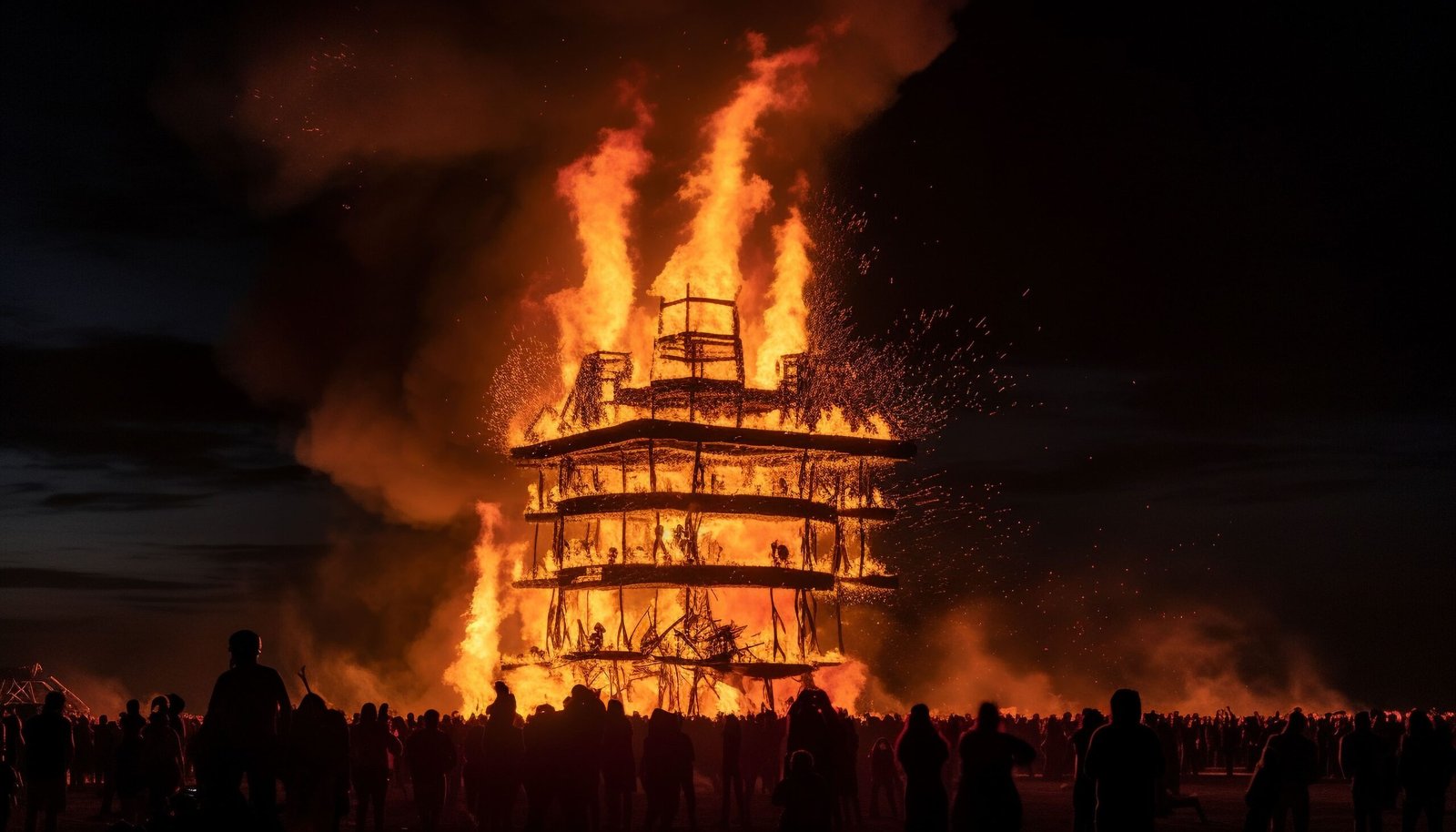Fire & Allied Perils- Material Damage
What is fire and allied perils insurance?
This policy ensures the protection of fixed assets such as buildings and their contents against physical loss or damage caused by fire.

What is Fire & Allied Perils-Material Damage?
Fire & Allied Perils- Material Damage
Fire & Allied Peril. Home ▸ Products ▸ Fire & Allied Peril. When the unexpected strikes, it can be devastating for your business. Guard against damage caused by fire, lightning and explosion with this policy – which provides cover for plant, machinery, fixtures and fittings and all other contents and tenant.
Add-on covers:
- Deterioration of Stocks in Cold Storage premises due to power failure following damage due to an insured peril.
- Forest Fire.
- Impact Damage due to Insured’s own Vehicles, Forklifts, and the like and articles dropped therefrom.
- Spontaneous Combustion.
- Omission to insure additions, alterations, or extensions.
- Earthquake (Fire and Shock).
- Spoilage material damage cover.
- Leakage and contamination cover.
- Temporary removal of stocks.
- Terrorism.
What are the three elements of fire insurance?
Three Elements Of Fire:
- The insured property (assets covered)
- Fire hazards (risks covered)
- The sum insured (the maximum payout in case of loss or damage).

14 Perils Are Covered
- Fire
- Lightning
- Explosion / Implosion
- Aircraft damage
- Riot, Strike, Malicious damage (RSMD Perils)
- Storm, Tempest, Flood, Inundation, Hurricane, Cyclone, Typhoon, and Tornado.
- Impact by any Rail/Road vehicle or animal
- Subsidence / Landslide including rockslide.
- Bursting and/or overflowing of water tanks, apparatus.
- Leakage from Automatic Sprinkler Installation.
- Missile Testing Operation.
- Pollution or contamination resulting from any of the above perils.
- Any insured peril resulting from pollution and contamination.
- Bush F

